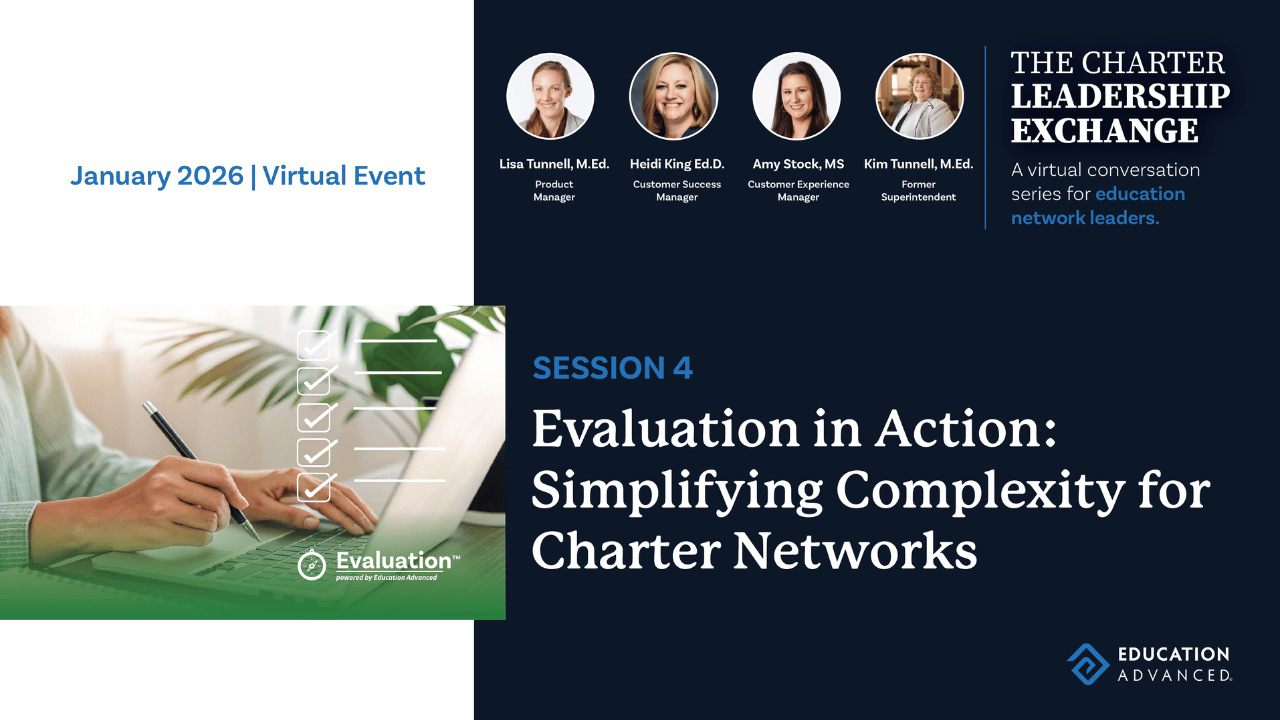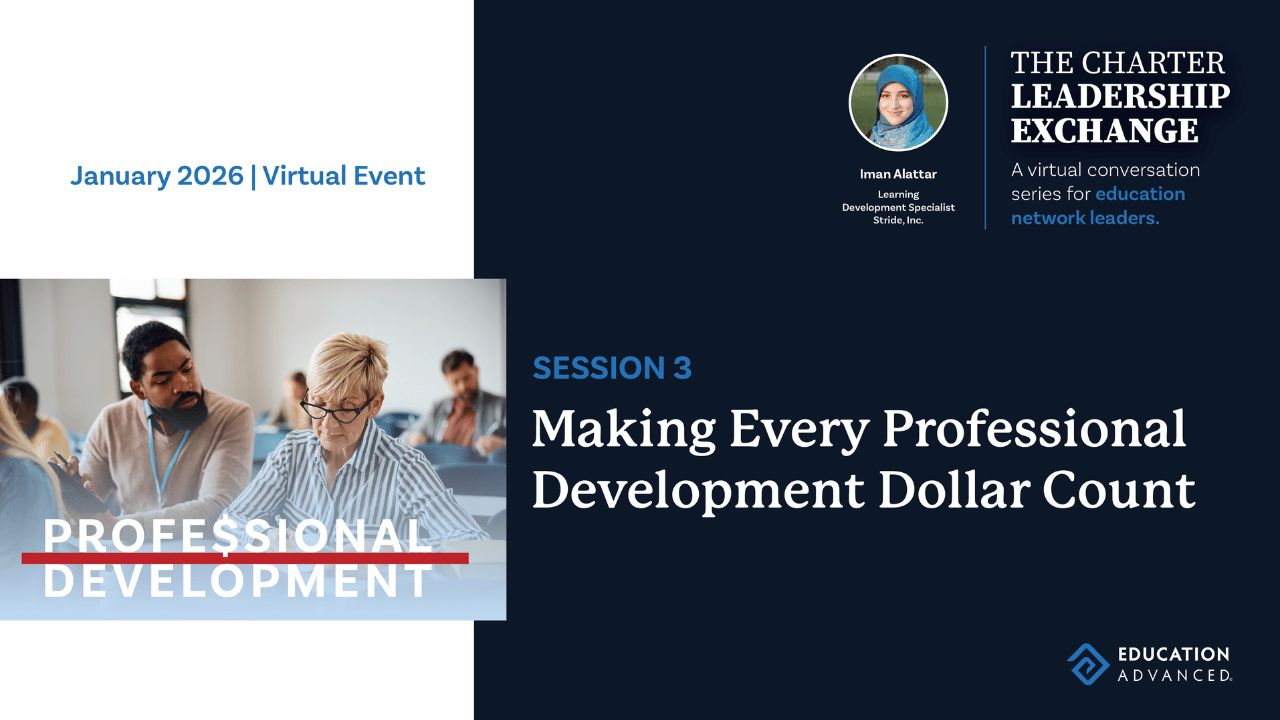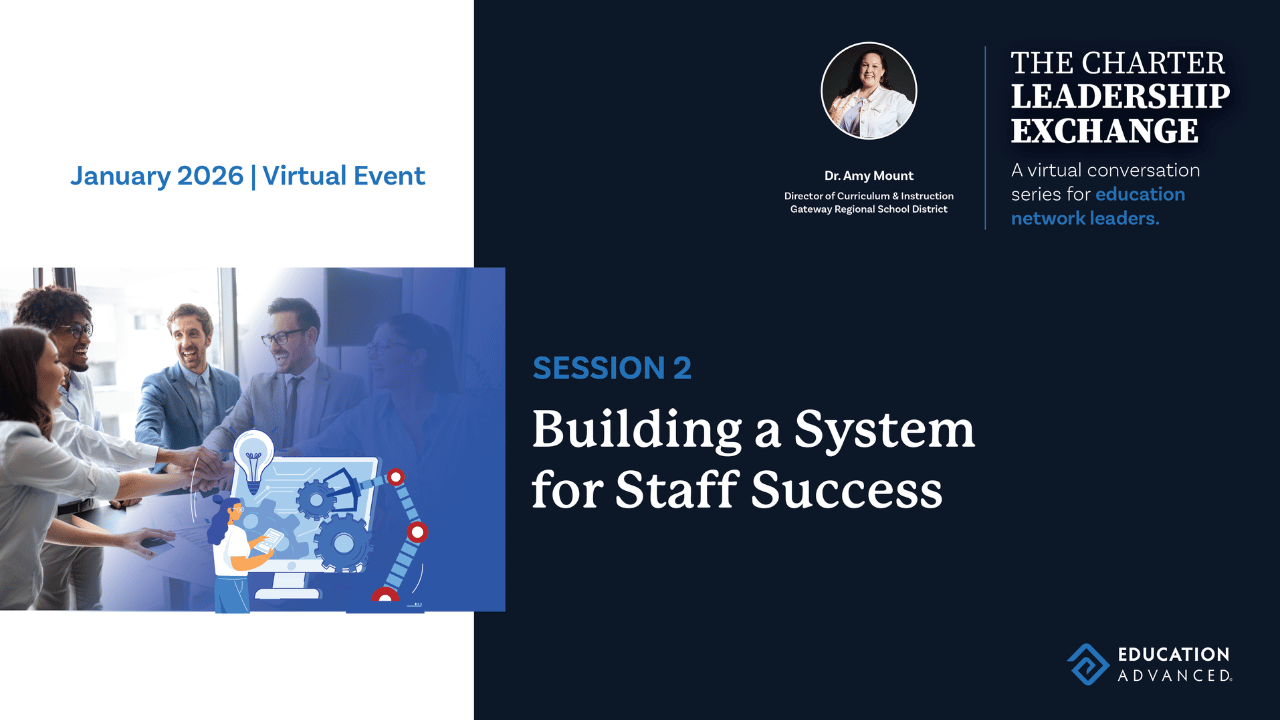10+ Fun Career Exploration Activities: Broadening Horizons and Inspiring Futures

Fun career exploration activities can shape a fulfilling journey for high school students beyond graduation. Engaging in these activities helps students identify their interests and passions, promote skill development, and ultimately lead to a more fulfilling career choice.
Activity 1: Career Scavenger Hunt
Organizing a career scavenger hunt is a good way to spark curiosity in students and sharpen their research skills. The activity involves giving students a list of career-related tasks and allowing them to learn as much as possible about the topics.
This interactive activity encourages students to explore various professions through research. In doing this, students can easily identify and better understand their interests and aspirations.
Counselors or career development coordinators can assign a number of career scavenger hunt tasks, such as:
- Finding the steps to become a registered nurse and the roles of the profession.
- Identifying the essential skills and certifications required to become a cybersecurity expert.
- Discovering what a financial analyst does and the industries they can work in.

Activity 2: Job Shadowing Adventures
Job shadowing is one of the most hands-on fun career exploration activities where students observe professionals in their workplace. The activity allows students to gain firsthand insights into daily tasks, work culture, and challenges of various professions. In addition, it teaches important work-related skills like adaptability, problem-solving, and professional etiquette.
To organize this career activity, counselors can contact local businesses or professionals in various industries for possible job shadowing opportunities.
Paige Mueller’s story on Jobs for America’s Graduates, Kansas (JAG-K) is a shining example of one program where many high school students discover their passion through job shadowing experiences.
Activity 3: Mock Interview Extravaganza
Mock interviews allow students to get a feel of real job interviews. The activity helps reduce the fear of going on real job interviews in the future.
Here are three important tips for conducting mock interviews.
- To make the experience feel more authentic for students, set the atmosphere to mimic a real interview setting.
- Provide students with a list of generic questions relevant to the roles they want to explore.
- Remember to let students rotate roles, taking turns as interviewer and interviewee.
Providing constructive feedback to students about their performances during mock interviews can boost their confidence and help them understand their strengths and weaknesses. It also prepares them for future real-world job interviews.
Activity 4: Passion Project Showcase
Not all fun career exploration activities have specific academic requirements. For example, passion projects are personal undertakings driven by students’ interests. These projects promote creativity and self-expression, allowing students to explore their aptitudes and career interests.
Typically, passion projects involve:
- Getting students to reflect on their hobbies
- Finding potential career paths that align with those hobbies
- Gathering information and creating projects in that field
- Sharing the project with professionals in the field to get feedback and guidance
Starting a school garden, developing a mobile app, and launching a recycling program are just a few passion project ideas for high school students.
Activity 5: Career Role-Play
Career role-play is an interactive activity that gives students a chance to assume the roles of professionals and participate in mock scenarios of real workplace situations. Through career role-play, students get to understand the ins and outs of various professions by stepping into the shoes of different professionals.
This career exploration activity can motivate students to pursue potential careers more passionately. To play this immersive game: Select various professions and provide detailed scripts explaining their roles. Allow students to choose their preferred professions and let them act out the roles using materials and props.
Activity 6: Career Trivia
Students engaged in career trivia activities start with a wide range of information about various professions. The fun activity involves asking questions and awarding points for correct answers. As they answer questions, students will naturally assess their strengths, helping them to develop genuine interests in their career preferences.
To conduct a career trivia exercise:
- Prepare a set of career-related quizzes covering a wide range of job roles.
- Organize students into small groups (to encourage collaboration) and conduct the trivia.
- Discuss the answers after the trivia and provide more insights about the careers covered.
Activity 7: Career Speed Networking
Career speed networking is another interactive way for students to learn about potential career interests. Typically, the activity involves brief one-on-one conversations with various professionals to help students gain insight into different industries.
To facilitate this activity, coordinators can invite alumni, local businesses, and professionals in various industries to speak with students. Set fixed time intervals for each session and ensure students rotate between professionals.
It is usually helpful to encourage students to ask questions and share what they learned with the class at the end of the event.
Activity 8: Skills Workshop Showdown
Skills workshops are a good way to help students identify transferable skills. This fun activity allows students to explore different career paths, increasing their chances of becoming valuable assets in the job market.
These workshops typically involve role-playing, group activities, and problem-solving exercises. Each interactive element provides an immersive experience for students, allowing them to practice their skills in real-world settings.
Besides boosting students’ confidence and helping them understand their capabilities, workshops offer several other benefits, including encouraging discussions, providing new perspectives, and networking opportunities.
Activity 9: Industry Investigation Game Show
Designed to equip students with relevant information about different careers, the Industry Investigation Game show involves students answering questions related to various workplace scenarios, professions, and industries.
To organize the game show, coordinators craft thought-provoking questions covering a wide range of job roles, qualifications, and industry trends. It is okay to include fun facts to make the game more exciting.
Students experience the thrill and excitement of answering career-related questions while learning about different professions. Through competitive and fun interactions, students build their career knowledge in an enjoyable way.
Activity 10: Career Vision Board Party
High school counselors can help students set goals for future career paths by organizing a career vision board party. Besides unleashing their creativity, creating a vision board can encourage students to give their futures some serious thought and motivate them to work toward their dreams.
To organize a career vision party:
- Choose a venue for the party
- Let students gather the materials (magazines cutouts, poster boards, glue)
- Explain what vision boards are, how they work, and their significance in career goal setting
- Allow students to create, share, and celebrate each other’s visions
Conclusion
Although many students may not lock in their specific career choices while in high school, engaging in these fun career exploration activities can help shape the general direction of their futures.
Creating opportunities for students to explore these activities will allow them to gain insight into their passions and set the course for a fulfilling professional path beyond high school.
However, working with high school students around career development and ensuring they are on track to graduate can be time-consuming and demanding. Thankfully, counselors can leverage educational tools like Pathways to automate their workflow and allow more time to explore student career options.
If your school is interested in new ways to improve the learning experience for children, you may also be interested in automating tasks and streamlining processes so that your teachers have more time to teach.
Education Advanced offers a large suite of tools that may be able to help. For example, our most popular and effective tools are:
- TestHound, our test accommodation software, helps schools coordinate thousands of students across all state and local K-12 school assessments while taking into account dozens of accommodations (reading disabilities, physical disabilities, translations, etc.) for students.
- Pathways, our college and career readiness software, helps administrators and counselors create, track, and analyze graduation pathways to ensure secondary students are on track to graduate.
- Evaluation, our teacher evaluation software, documents every step of the staff evaluation process, including walk-throughs, self-evaluations, supporting evidence, reporting, and performance analytics.


More Great Content
We know you'll love



